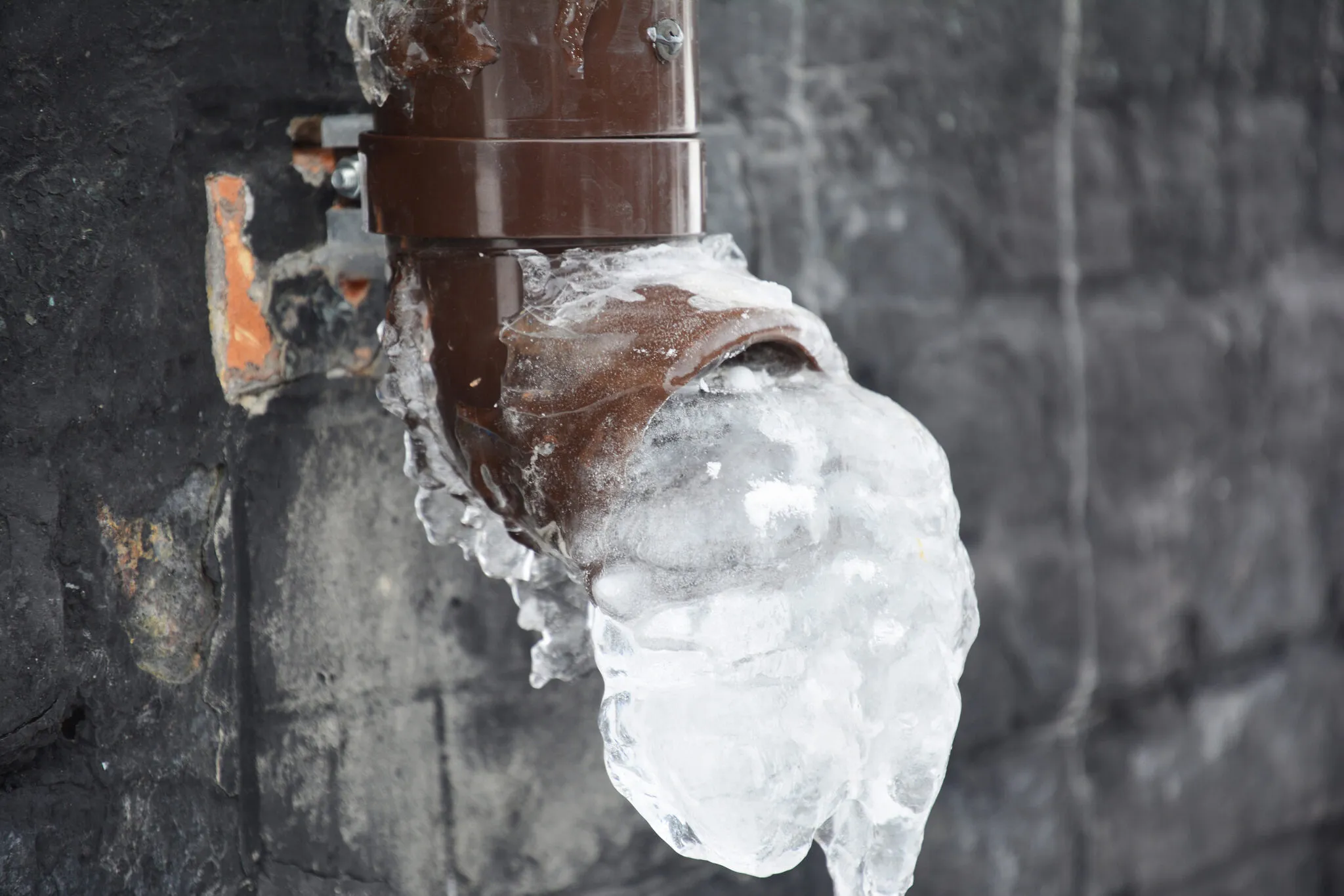
Water in pipes starts to freeze when the temperature falls, and as the water freezes it expands, and this puts a lot of pressure on your piping system. It’s no surprise, then, that this can result in cracks, leaks and bursting pipes and a massive repair headache for you. In this blog post, we'll give you some simple and effective tips to avoid costly plumbing repairs and flooding because of frozen pipes. Prevention is always better than cure.
Insulate exposed pipes
Inspect your home for any exposed pipes and make sure to insulate them. This is an easy job that will save you a lot of hassle in the long run. Circular insulation or heating tape can be bought from any standard DIY store. Place the insulation around any sections of pipe above the ground outside your home and any pipes you can see inside your home, like in garages and basements or rarely used loft spaces. Don’t neglect to also insulate bends, valves and fittings or oft-forgotten water tanks.
If you’re about to experience a sudden cold snap with freezing temperatures, duct tape and wadded newspaper provides an effective short-term solution.
Keep your heating on
Keep your central heating on at a low level throughout the winter. Remember that the problems caused by burst pipes are more costly and traumatic than a slightly higher heating bill.
It’s especially important to leave the heating on when you’re away during cold weather so that your pipes aren’t at risk of freezing and bursting without your knowledge and without you there to get it sorted quickly.
Seal any cracks and openings
Block out any cold breezes from getting in and prevent warm air from getting out by ensuring your windows are shut and draughty edges are sealed. You can get draught excluders from standard DIY shops. They are a particularly sound investment as they help keep those heating bills from soaring.
Fix leaking taps
It is a complete myth that leaving a tap to drip when it’s freezing outside can prevent your pipes from freezing. It’s a damaging myth because a leaky tap that’s left to drip can lead to water slowly freezing and backing up the pipe of your sink, resulting in overflow.
Turn off your water if you’re going away
If you’re going to be away for more than a few days while temperatures will be freezing, turning off your water at the stopcock is the best way for peace of mind. After you’ve turned your stopcock off, turn your taps on to drain any remaining water that might freeze – just remember to close the taps again when you’re done so they’re not all suddenly flowing when you turn the main water supply back on.
Regularly inspect all pipes
Keeping up with regular maintenance of your pipes is a surefire method of spotting any potential problems early. The only way to get peace of mind during the autumn and winter months is to ensure that your drains are in good condition – but it can be hard to spot everything if you’re not a professional. Get in touch with us today to schedule a CCTV drain survey to make sure your drains and pipes are in good working order.

![Logo for [object Object]](/images/logo/text.svg)